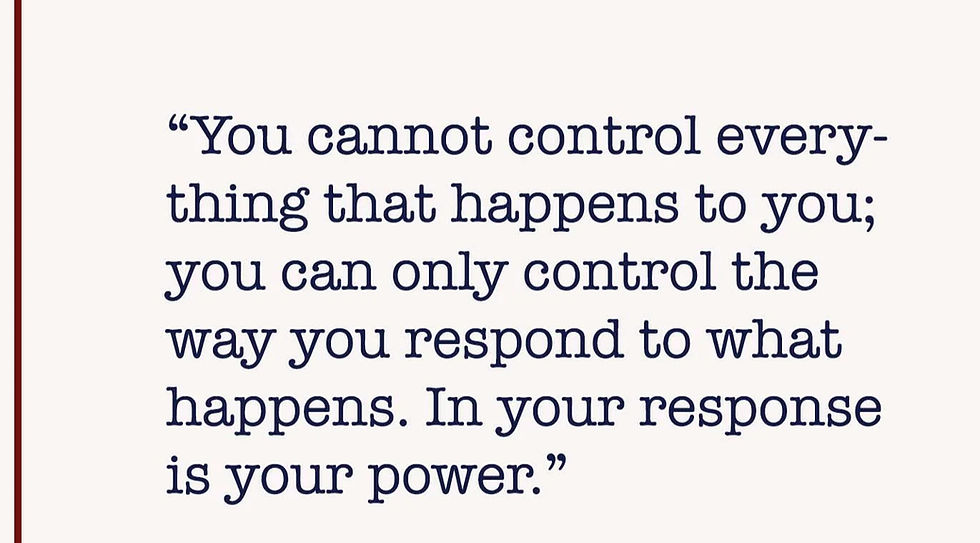Understanding Transgenerational Trauma
- Kirandeep Kaur

- Aug 1, 2024
- 2 min read

When exploring your personal trauma history, it's essential to consider the concept of transgenerational trauma. This refers to the ways in which unresolved trauma from one generation can be passed down to the next, influencing relational, behavioral, and emotional patterns.
Research on Transgenerational Trauma
Studies by Dr. Rachel Yehuda, a traumatic stress expert, have shown that PTSD can run in families. Children of trauma survivors with PTSD are more likely to develop PTSD when exposed to traumatic events. This pattern has been observed in adult children and grandchildren of Holocaust, Hiroshima, and Nagasaki survivors, as well as war refugees.
Dr. Siegel's research suggests that adults who have unresolved childhood trauma may lack a coherent narrative about their past. As a result, they may have a reduced capacity to be mindful of their emotions and actions, leading to abusive or neglectful behaviors towards their children.
Unpacking Family Legacies
Healing transgenerational trauma involves exploring your family history, which can be an uncomfortable process for family members who prefer to keep the past hidden. Trauma stories can be like secrets that have been tightly kept or only referred to in whispers. On the other hand, some parents may inadvertently overexpose their children to traumatic events from the past.
As you gather information about your family's previous generations, look for significant life events and patterns. You may notice patterns of alcoholism, strife between mothers and daughters, or other recurring themes. You may also discover strengths and gifts that have been passed down, such as perseverance, humility, and sacrifice.
The Importance of Family Stories
Research by Dr. Marshall Duke at Emory University suggests that attending to family stories can enhance emotional health. Individuals who knew more about their family ancestry were better able to manage the effects of traumatic stress after 9/11 and Hurricane Katrina. Having an internal narrative about the ups and downs of your family history can increase resilience.
In Practice
Take the time to reflect on the influences and experiences from the generations that preceded you. Ask yourself:
What do you know about the childhood experiences of your parents?
What hardships did they face, and how did they cope?
What do you know about the life experiences and hardships faced by your grandparents?
Do you know anything about your earlier generations?
As you reflect on your family history, what patterns do you observe, positive or negative?
Are you aware of any accomplishments and strengths within your family lineage?
By exploring your family history and understanding transgenerational trauma, you can gain valuable insights into your own predispositions and develop a greater sense of resilience.



Comments